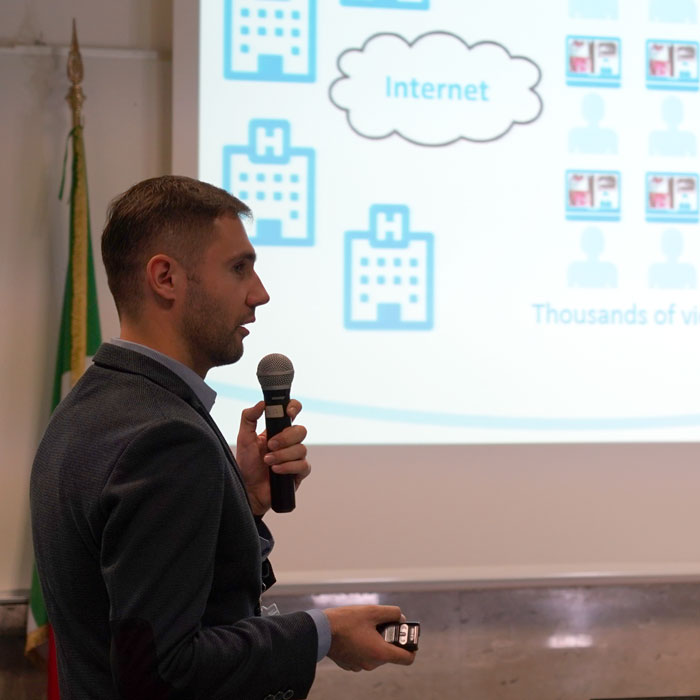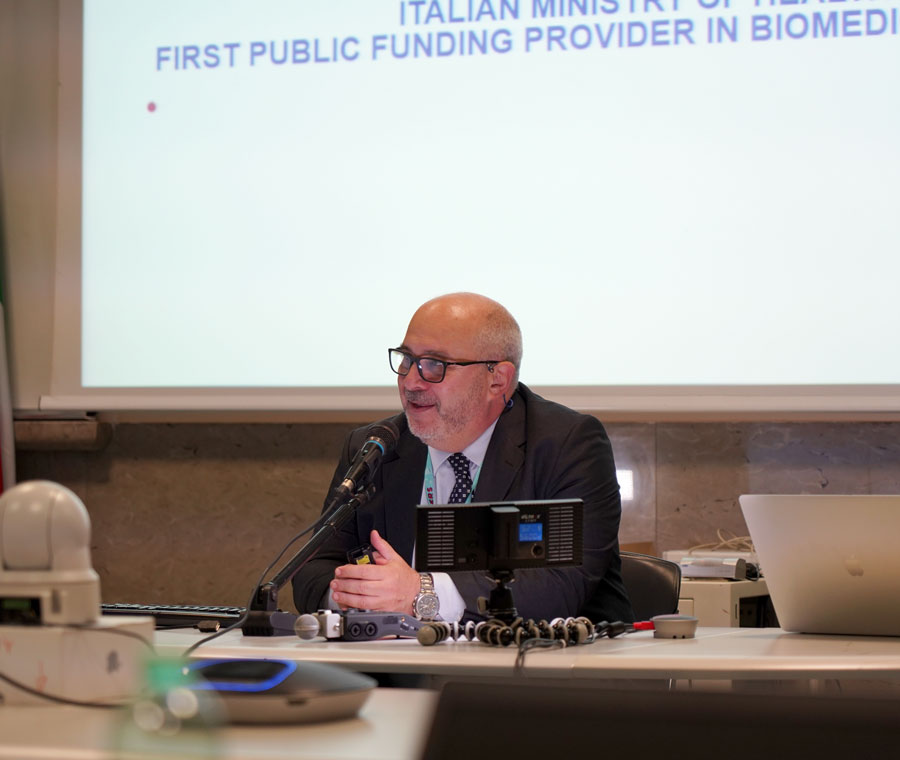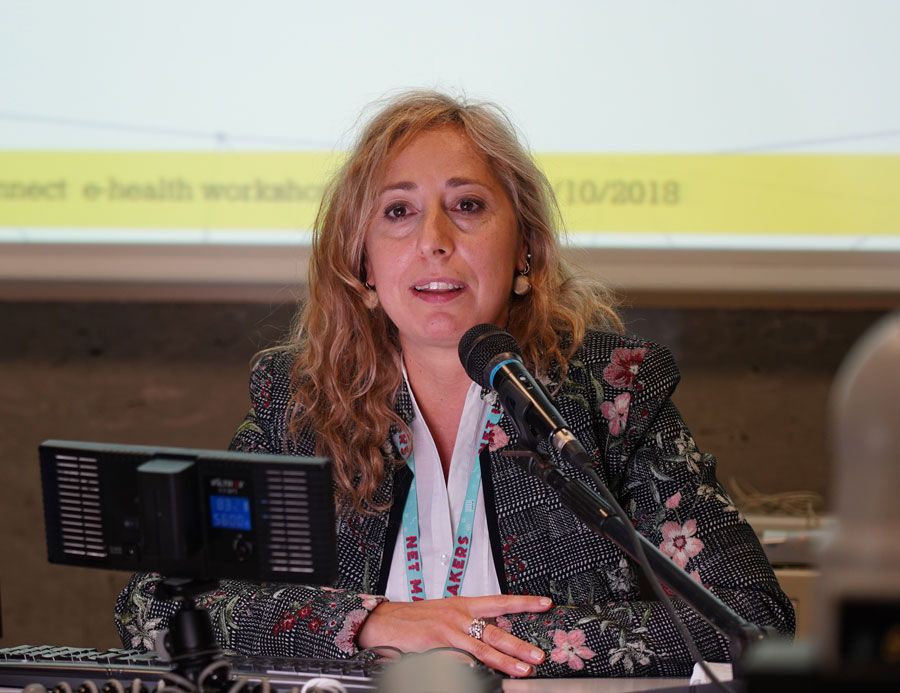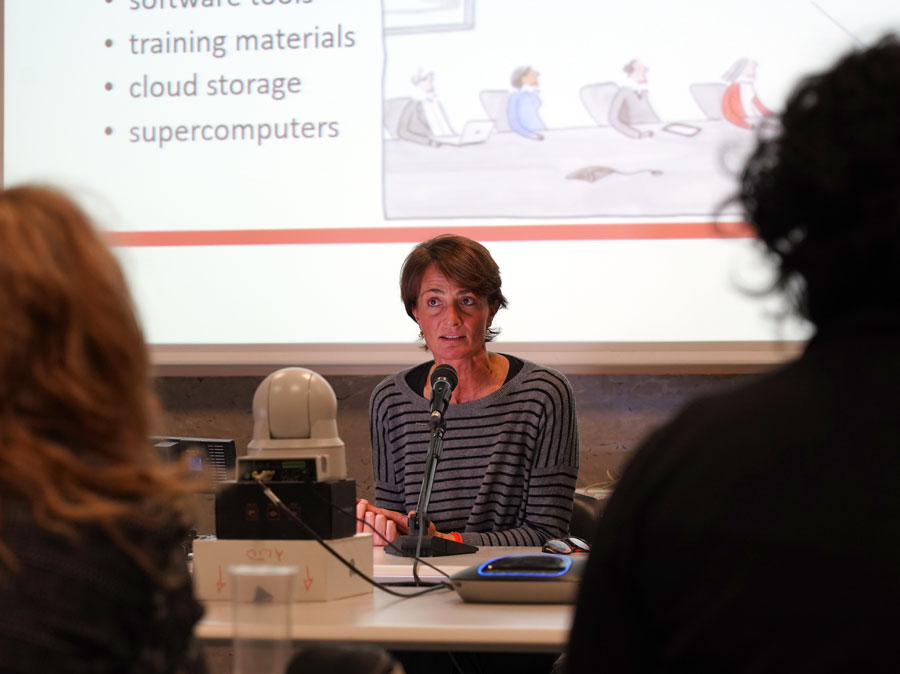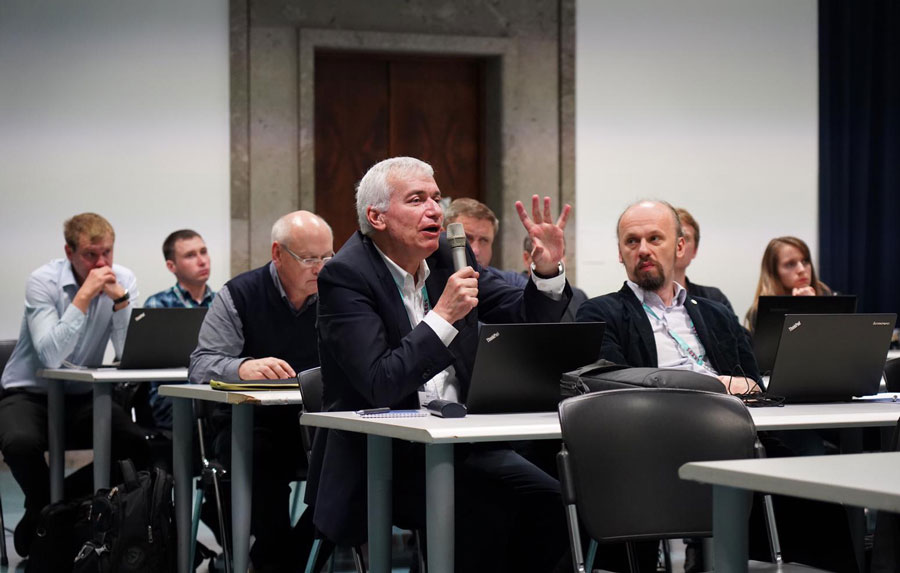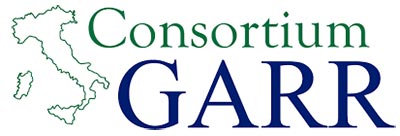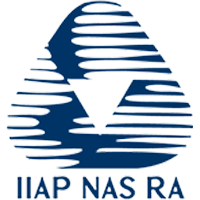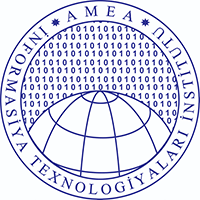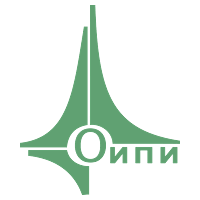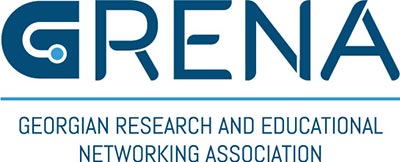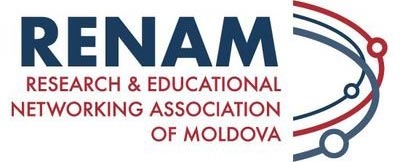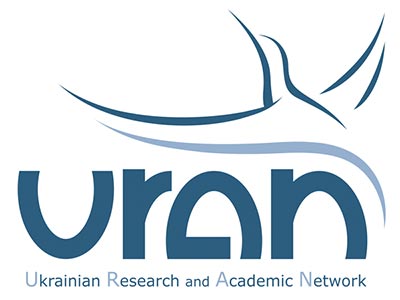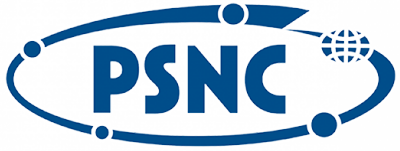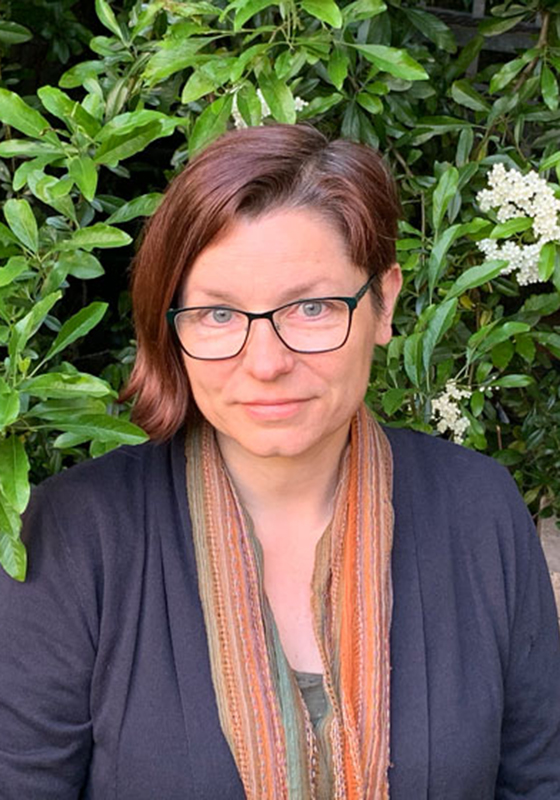Challenges and potential solutions for NRENs supporting their biomedical research communities were explored in a workshop in Rome, Italy, at the end of October. The event, called ‘Biomedical collaborations over National Research and Education Networks: success stories and best practices’ was held at the Istituto Superiore di Sanità (National Health Institute) and attracted more than 30 participants from NRENs, research institutes, ministries and companies.
This workshop was organised by GARR, the Italian NREN, as part of the EC-funded Eastern Partnership Connect (EaPConnect) project, on 30-31 October. Representatives from all the Eastern Partnership (EaP) countries took part – Armenia, Azerbaijan, Belarus, Georgia, Moldova and Ukraine – as well as peers from Denmark, Israel, Italy, and Poland.
EaPConnect aims to enable its beneficiary partners not only to obtain connectivity to the GÉANT backbone network, but also to facilitate the creation of relationships between them and user communities, served by the NRENs with their services. In this way, engaging with the biomedical community is an important step to bring the EaP countries closer to their neighbours, and also to ensure sustainability for the NRENs themselves.
Partnerships and services
Day 1 of the workshop was dedicated to hearing the experiences of biomedical communities from several countries. The event opened with a presentation by Gaetano Guglielmi, Deputy General Director for Health and Innovation Research at the Italian Ministry of Health. He presented the partnership created between the Ministry and the Italian NREN GARR to interconnect all research hospitals in Italy (see: GARR network: strategy, results and the way forward. A success story), focusing on the initial project to connect all sites with the same high-capacity connectivity and the integration of a digital identity federation to ensure that all researchers could use an advanced authentication and authorisation process with only one set of credentials. At the end of the project, the first results saw a 36% increase in scientific production despite a budget cut of 20%, because the new infrastructures made it possible to invest resources in a more efficient manner.
NREN experiences of supporting biomedical communities were presented by Martin Bech of the Danish NREN, DeiC, Michal Kosiedowski of the Polish NREN, PSNC, Eli Beker of IUCC, Israel, and Mario Reale and Sabrina Tomassini of GARR. The main message of the first part of the workshop was that collaboration between research networks and the biomedical community is challenging, as the biomedical community is very varied in its needs and presents some characteristics (such as privacy requirements, consent mechanisms) that are uncommon within the research environment. On the other hand, NREN-delivered services need to be adapted to the biomedical communities and their expertise and requirements, for example ‘in the cloud services’ like identity management or the creation of ad hoc private network connections to bypass firewalls and increase security measures.
During the second workshop day, the ELIXIR research infrastructure was presented by Allegra Via of IBPM (the Institute of Molecular Biology and Pathology) and CNR (the National Research Council of Italy). Alberto Redolfi of IRCCS Fatebenefratelli presented the DECIDE project, Fabio Triulzi of the University of Milan gave an overview of the COLIBRI project, and Claudia Zoani of ENEA presented the METRO FOOD project. The Belarus NREN team from BASNET presented their experiences of their biomedical community. GARR presented its ‘IdP in the Cloud’ identity management solution created for the biomedical community and the array of services delivered. Sergiusz Zielinski of the Polish NREN, PSNC, highlighted a partnership between PSNC and a private company to create a high-tech videoconferencing system to allow surgeons to communicate during operations. This public-private partnership was presented in more detail by Dr. Marcin Strojny of the Karol Marcinkowski University of Medical Sciences in Poznan.
Interest in further follow up
The workshop presentations paved the way to interesting debates among the participants, highlighting the differences among the different countries and the possible solutions to tackle the challenges presented. Participants expressed a wish to have a follow-up event in a year’s time to evaluate the connections created during the workshop and the evolution of synergies in the course of the year.
All presentations are linked through the event agenda online

